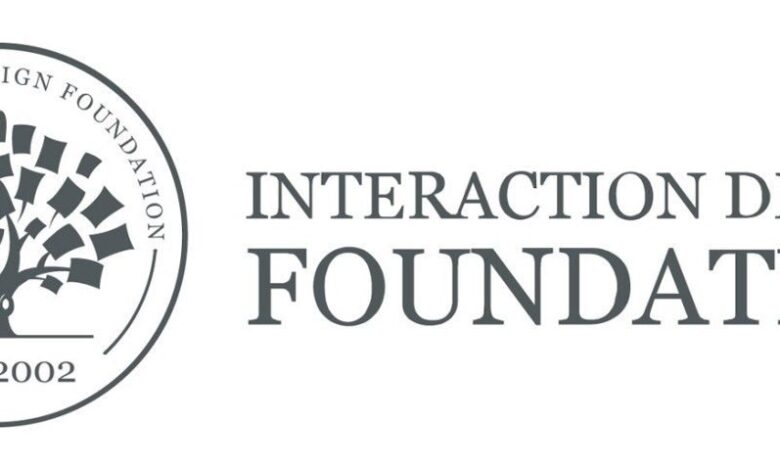Shape the Future of Design Education: Apply for a Remote Motion Graphics Designer, Video Editor, and Visual Storyteller Role at The Interaction Design Foundation

Are you a talented visual storyteller with a flair for creating engaging content? Imagine working in a role where your motion graphics and video editing skills reach a global audience, inspiring designers and learners around the world every day. If you have a passion for design and want to contribute to high-quality educational content, then this role at The Interaction Design Foundation might be the opportunity you’ve been waiting for.
Why This Job Is Perfect for You
This position isn’t just another video editing gig—it’s an exciting chance to join a leading organization in online design education. With over 175,000 graduates and two decades of experience, The Interaction Design Foundation is committed to providing world-class learning experiences. As their next Motion Graphics Designer, Video Editor, and Visual Storyteller, you’ll help create top-tier educational videos that elevate design learning.

In this remote role, you’ll collaborate with experts and creative minds to produce cutting-edge content that motivates and inspires students, much like the high-end productions of National Geographic. You’ll bring design education to life with animations, captivating footage, and immersive storytelling. Your work will help thousands of learners progress through their design journeys, making a real impact on their lives and careers.
Your Key Responsibilities
In this role, you’ll:
– Work closely with UX/UI design experts and video producers to create inspiring, educational videos.
– Use Adobe Premiere Pro, After Effects, and other industry-standard tools to enhance video content.
– Edit and export high-quality materials for online courses and social media.
– Develop visual storytelling that captivates viewers and motivates them to continue learning.
– Contribute to the growth of the design community by producing open-source content and UX/UI design courses.

What You Bring to the Table
– At least 5 years of professional experience as a motion graphics designer or video editor.
– Mastery of Adobe Premiere Pro and After Effects for creating animations and video edits.
– A deep understanding of design principles and the ability to create engaging motion graphics.
– Strong collaboration skills and the ability to work independently.
– A love for visual storytelling that transcends beyond the screen, creating lasting learning experiences.
Bonus Skills
If you have experience creating educational videos, managing social media content, or leading teams, you’ll be an even stronger candidate for this role. A background in graphic design, UI/UX design, or audio production is also a major plus.
Ready to Take the Next Step?
If you’re excited about the idea of bringing creativity to life through motion graphics and video, this could be the perfect role for you. Imagine working from wherever you are, collaborating with passionate designers and educators, and knowing that your work is making a difference in how people learn. Whether you’re crafting promotional videos or working on inspiring masterclasses, this is your chance to showcase your talent and grow alongside a supportive team. So, if you’re ready to dive into a role where your skills can truly shine, don’t hesitate—apply today and start your journey with The Interaction Design Foundation!




